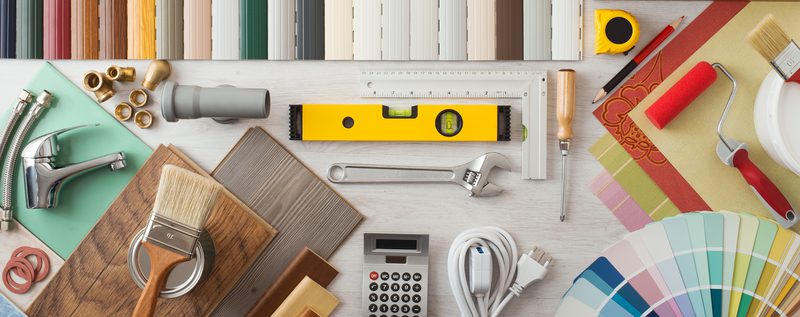What You Need to Pull Off Successful DIY Projects
Whether you are starting your first DIY project or you are making your 100th, you need to do certain things to make sure it comes out the way you want. Having a plan and making sure you have the skills you need can help you to create a project that you are excited to use once you finish. With careful planning and attentive execution your DIY adventure can be amazing assets to your life.
Practice Your Skills
You don’t want to try to tackle a DIY project that you don’t have the skills for, but you can start integrating new skills over time. Each project you take on should use a variety of skills you have plenty of practice in and maybe one or two new skills. That way you can continually learn and grow as a creator, but you don’t have to experience the stress of learning every skill all at once. Remember that just because you aren’t good at something the first time you try it doesn’t mean that you won’t be able to improve and grow as you practice.
Use the Proper Tools
The project you have ahead of you will be so much harder if you don’t have the right tool for the job. Some tools you will have on hand at home, but some you might need to borrow or rent from a local hardware store. You can take on more projects as your tool collection grows, but you will need organizational tools to get things set up. Foam cutout tool boxes help keep everything organized and in one place.
Set Aside Time
Most people have a DIY project laying around somewhere that they have started and never finished. But if you really want to get your projects done, you need to make them a priority and set aside the time for it. This may mean blocking off Saturday mornings for your project each week. Once you have scheduled your time, try not to reschedule so that you are always working towards completing your next project.
Every DIY project takes time and skill, but you can build up to more complicated things. As you learn more about the tools you have for DIY, you can start to improve your skills and tackle more exciting projects. It’s always okay to take your time and give yourself the flexibility to take breaks and work in a way that works for you.
Check out this article on 3 areas of your home you should never work on!




